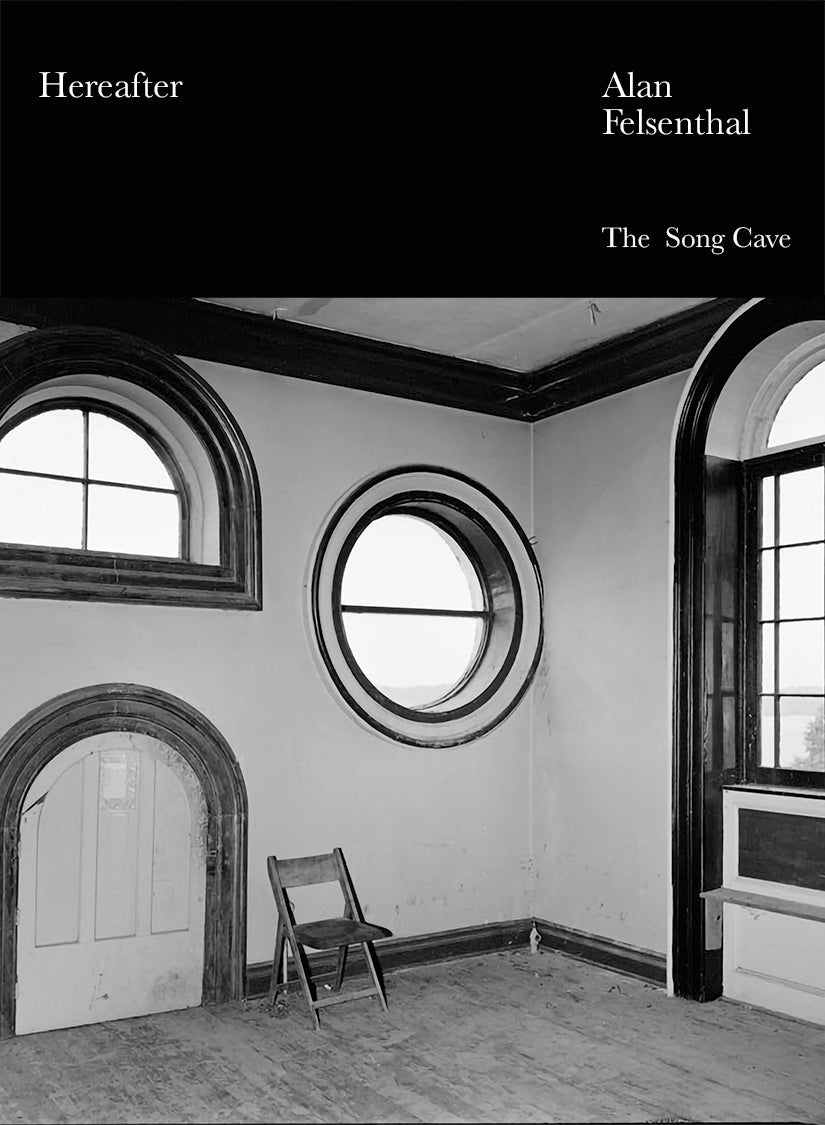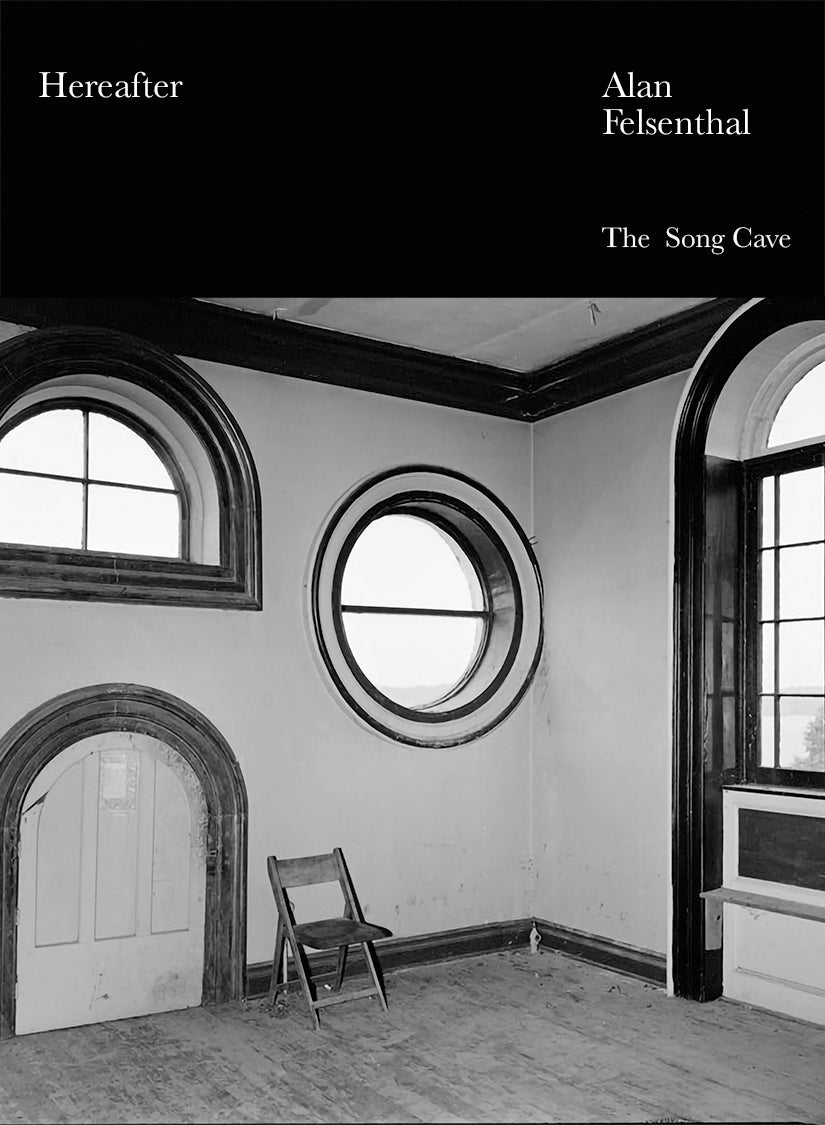Hereafter by Alan Felsenthal
Hereafter by Alan Felsenthal
Couldn't load pickup availability
For international orders, please visit our distributor, here.
Alan Felsenthal’s tender second collection of poems, Hereafter, moves between the difficult work of mourning and the spirited nature of life. Both an elegy for a dear friend and a search for signs of renewal, these poems recover pastoral symbols of sorrow from cliché. Essential in their attempt at consolation, Felsenthal's requiems traverse landscapes—the ocean, the Earth, and the moon—using both humor and pathos to awaken the depths of feeling that follow loss.
"These profound yet accessible poems offer solace and insight to those navigating an unsettled existence." —Publishers Weekly
"There’s a dreamy and appealing naturalism to Alan Felsenthal’s elegy, Hereafter. The poems are electric and vivid, but the book never romanticizes suffering. Voices in these poems have a sadness to them, a melancholy that retains some almost mystical buoyancy." —Jesse Nathan, McSweeney's
"One person in nature. There’s sadness and there’s always this detailed natural 'setting.' The words of these details, and the wondering in the reader about the connection. But they’re connected, one person, sad, and all this nature, because the poems are beautiful, rhyme in amazing places (nature does that too), and the sad person is flawless, he wrote the flawless poems. Nature is flawless. Poetry is flawless. Sadness? I love this book." —Alice Notley
"What a rare experience to encounter a contemporary poetry collection that so centers the soul in making, the soul in leaving, but Hereafter does just that. Alan Felsenthal, an accomplished and singular poet, considers the many shades of grief in poems long and short, how grief connects nature, spirit, the divine in language that soothes or savages. 'God / is light you can see / without being consumed'—an utterance in 'Elegy,' which opens this heart-rending, utterly thoughtful, and deeply spiritual book. Felsenthal has honored and eulogized a friend, but more than anything he has taken back into poetry the soul; and in this era of so much bloodletting, a soul’s light may help keep us alive." —Patricia Spears Jones
"Lingering in the crossroads between the dead and the living, Hereafter tends to the loving observance of life after a loss, which reveals itself to be as strange and particular as a dream. A hospice brochure is consulted alongside the crystalline structure of salt, which is life’s signature; a casket ordered on Amazon Prime begs what the soul can bear. These poems’ waking visions slow the passage between worlds so as to hold open metaphysical questions, that asked, make a space for absence and unknowing to dwell. Though separated from the departed by 'the sigh of life,' Felsenthal’s searching poems ferry us between temporal dimensions and 'across the invisible / doorframe that smells of white flowers / where there are none.' This world, returned to, branching, mineral, instructive, subterranean, feathered, ungoogleable, lunar, signals back: light may be naught, but life still knocks. And friendship, not death, constitutes 'the force bonding the universe.' Hereafter is a subtle, extraordinary book." —Ari Banias
Alan Felsenthal is the author of Lowly (Ugly Duckling Presse, 2017). His writing has appeared in BOMB, The Brooklyn Rail, Harper’s, The New York Review of Books, and The New York Times Magazine. He is the co-editor of A Dark Dreambox of Another Kind: The Poems of Alfred Starr Hamilton (The Song Cave, 2013) and the editor of Bookworm: Conversations with Michael Silverblatt (The Song Cave, 2023). He teaches poetry at NYU Tandon School of Engineering.

